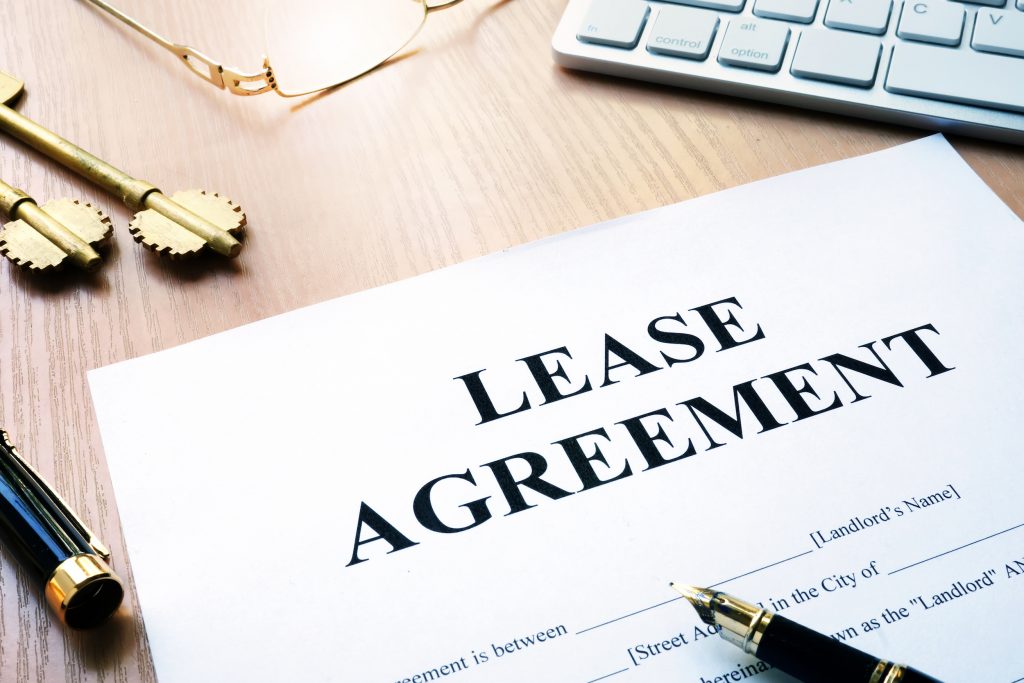In the age of the internet, many people are tempted to rely on template documents to do the job of experts [‘uzmanlar’]. It may be cheaper, but it doesn’t always pay to exclude the professionals, who can not only advise, but also devise bespoke documentation right for your specific circumstances.
T-VINE turns to Yildiz Betez, a lawyer from a leading southeast London firm, for top tips on commercial tenants.
Yildiz Betez’s quick guide to securing a good commercial tenant
The main purpose in letting a property is to secure an income stream, so the tenant’s ability to pay the rent throughout the term is fundamental. Recent high-profile insolvencies show that even household names can suddenly fail, so landlords must put in place as much protection as possible at the outset.
The nature of the tenant’s business will be the first thing to consider. Your lawyer can advise whether planning permission for the premises is restricted to specific uses and/or whether a planning application will need to be made for a change of use.
Before you grant the lease, you should also check that the tenant is solvent and can meet his/her financial commitments to you. This is normally done by checking the tenant’s records at Companies House, where the tenant is a company; or by undertaking credit and bankruptcy checks where the tenant is an individual.
If you think your proposed tenant may not have the financial strength to pay the rent and keep the property maintained, you should seek extra security. The two most common ways of doing this are by taking a rent deposit or asking the tenant to provide a guarantor: you could ask for both.
To avoid arguments later, your solicitor should draw up a rent deposit deed for you and your tenant to sign. Similarly, a professionally-prepared document setting out the terms of a guarantee, or promise by a third party to make sure that the tenant complies with his/her obligations under the lease will help indemnify the landlord for any losses suffered as a result of a breach by the tenant. Guarantees can be given by individuals or companies. If the proposed tenant is a company with a stronger parent company, the guarantee would usually come from the parent company.
For further information, contact Yildiz Betez at Thackray Williams LLP, thackraywilliams.com.





